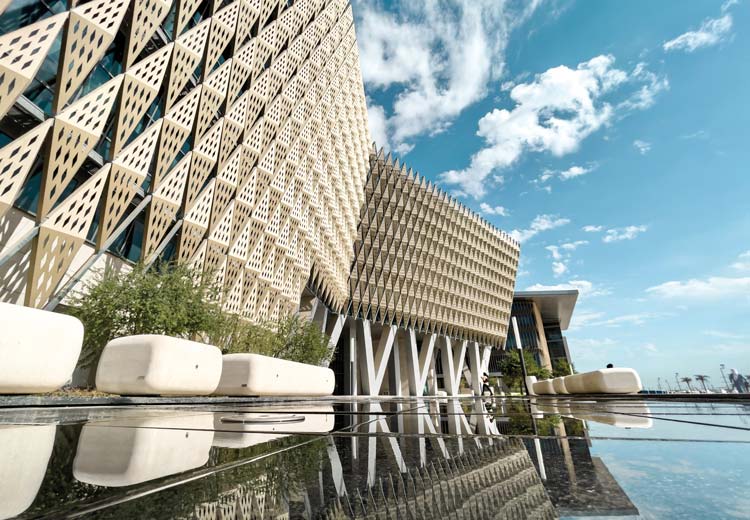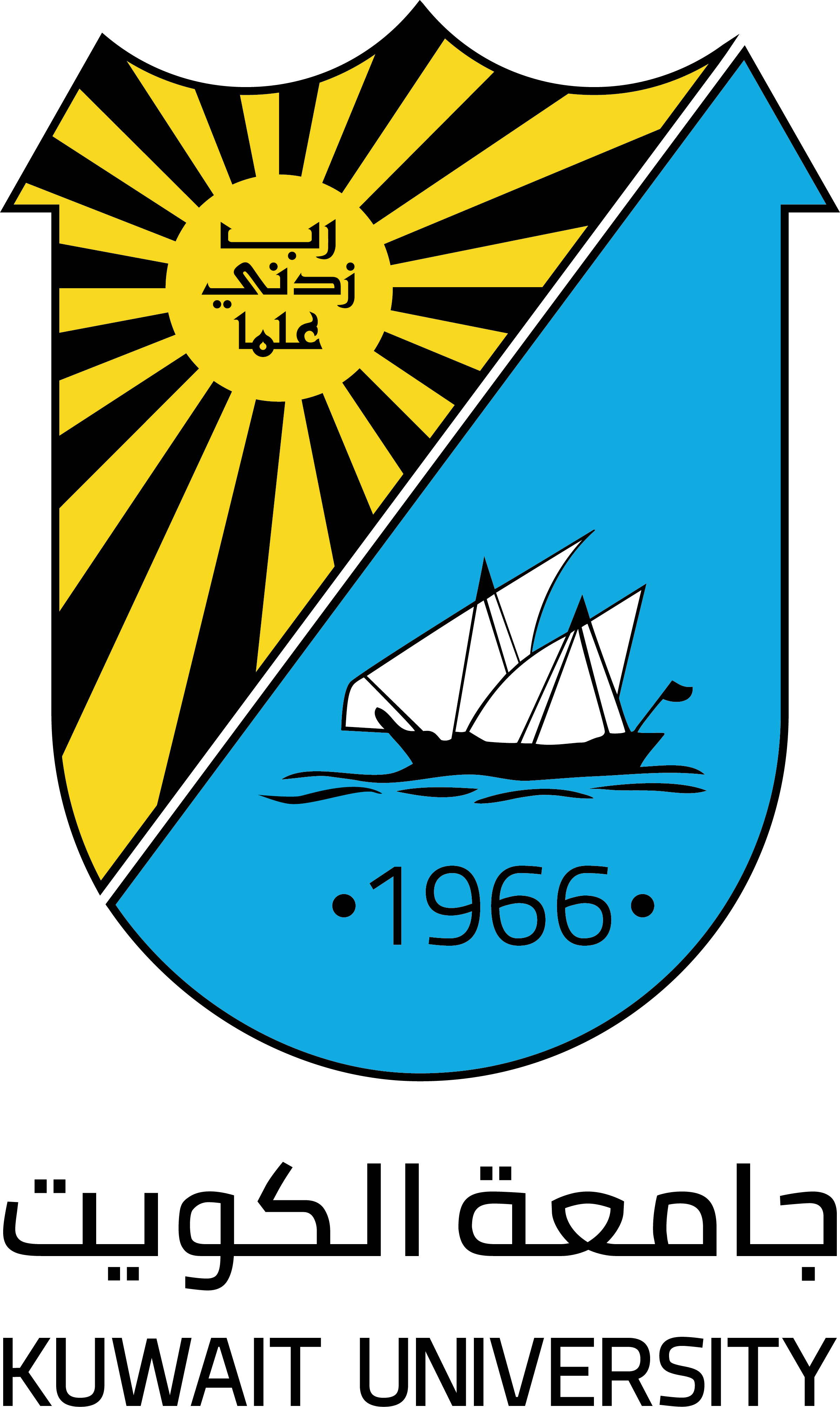Kuwait University’s continuous commitment to quality

Sponsored by

Sponsored by

Kuwait University’s reputation for scientific achievement is growing as a result of hiring of talented individuals, international collaboration and community support
Kuwait University was founded in 1966 as the first public research university in the country. It has created generations of Kuwaiti scientists who have promoted academic excellence and contributed to society. Kuwait University has seen its enrolment grow from 418 to more than 40,000 students, 1,500 faculty members and over 100,000 alumni serving Kuwait and beyond.
Yousef Al-Roumi, president of Kuwait University, believes that a commitment to continuous quality in hiring and research ensures that the institution upholds its reputation for excellence. “All the employment applications are being scrutinised through our departmental committees, college committees, and the university hiring committee,” Al-Roumi explains. The university also sends a significant number of its top students – those with the highest qualifications or the most citations in academic journals – to international universities to pursue master’s degrees or doctorates.
Career development is supported, and all faculty members are encouraged to publish their work and engage in community activities outside the university. The university offers the best teaching and research awards to instil and support continuous scientific excellence. Faculty also play an essential role in the university’s corporate and academic partnerships.
Kuwait University has established several research collaborations with other global institutions such as the Massachusetts Institute of Technology (MIT). “We have many consultants from our faculty who work with the Kuwaiti government institutions, local companies, and other education institutions,” Al-Roumi says. For example, the university has a significant partnership with the Kuwait Oil Company, which will help Kuwait University to establish its own research centre in Sabah Al-Salem University City, which is soon to become one of the largest educational campuses in the world.
One of Kuwait University’s main objectives is to empower the local community by providing various courses such as languages, engineering and philosophy. Campus staff and faculty can also access learning facilities on campus; the Women’s Research and Study Centre, for example, aims to strengthen the participation of women in commercial and political activities in Kuwait and provides sensitivity training for many staff.
In addition, the university has a dedicated society advisory committee populated by people from outside the university and is tasked with making suggestions about research or courses that could benefit local society. The university also acts as a centre for qualifying exams in many professions, cementing its position in the community.
Kuwait University attracts many visiting professors from other countries and has developed agreements with international organisations to provide facilities such as language services and cultural centres. A newly built cultural centre and museum can accommodate about 1,200 guests and attract international visitors to give lectures and collaborate with peers. Meanwhile, the university’s international student exchange programme has doubled in size since it was first launched, now supporting more than 600 students to immerse themselves in new cultures.
The international advisory committee supervises global trends and shares its study results with faculty members and community organisations. “Their job is to highlight international trends such as women’s issues or energy consumption, which we discuss through seminars and meetings,” Al-Roumi explains.
Find out more about Kuwait University.